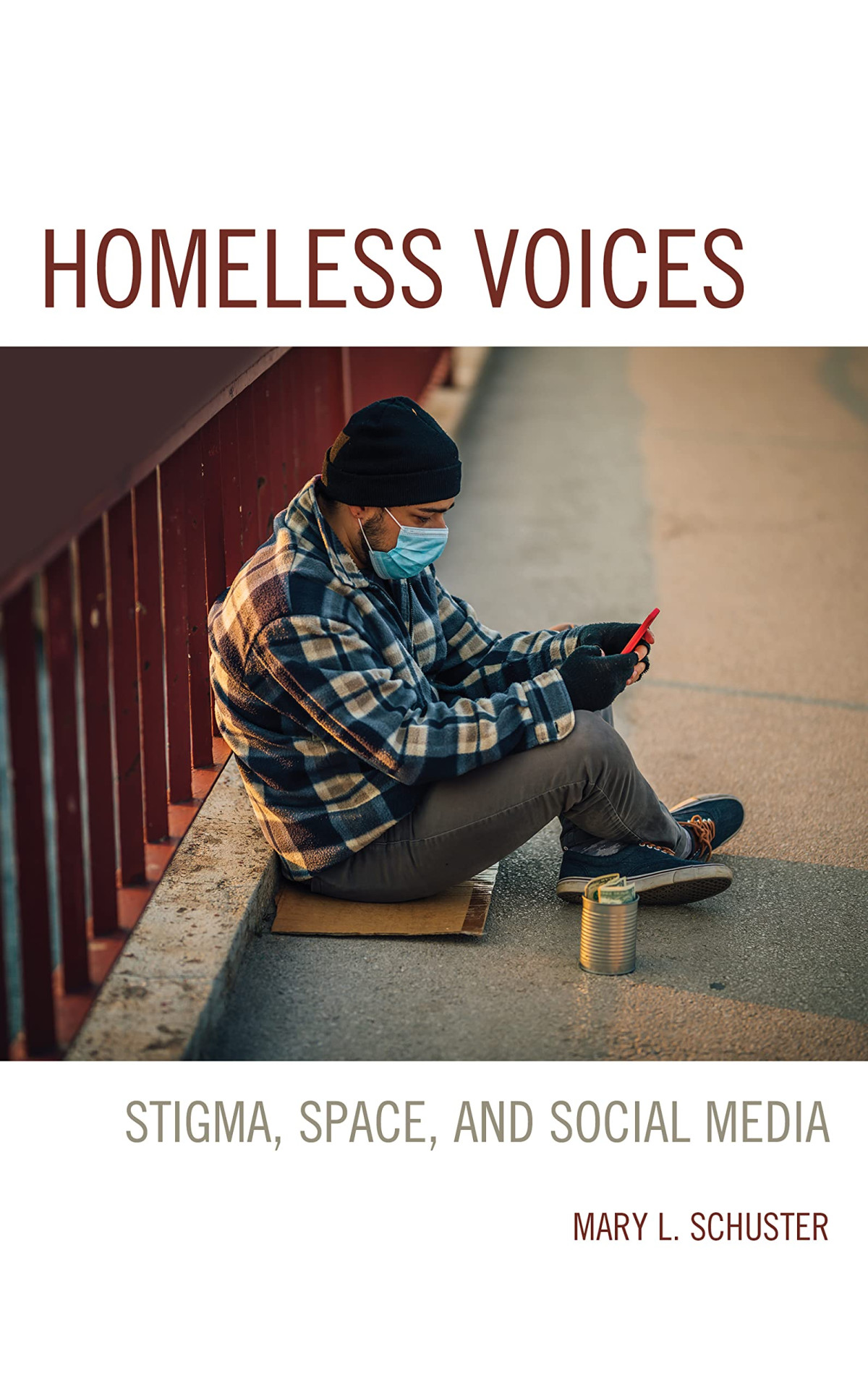

Most ebook files are in PDF format, so you can easily read them using various software such as Foxit Reader or directly on the Google Chrome browser.
Some ebook files are released by publishers in other formats such as .awz, .mobi, .epub, .fb2, etc. You may need to install specific software to read these formats on mobile/PC, such as Calibre.
Please read the tutorial at this link: https://ebookbell.com/faq
We offer FREE conversion to the popular formats you request; however, this may take some time. Therefore, right after payment, please email us, and we will try to provide the service as quickly as possible.
For some exceptional file formats or broken links (if any), please refrain from opening any disputes. Instead, email us first, and we will try to assist within a maximum of 6 hours.
EbookBell Team

0.0
0 reviewsHomeless Voices: Stigma, Space, and Social Mediaargues that the best sources for how to address issues of homelessness are people experiencing homelessness themselves, particularly as they express their experiences through personal blogs and memoirs. Mary L. Schuster discusses how space and land have been historically denied to marginalized communities who still feel the effects to this day, along with examining the conditions and limitations of common spaces often assigned to those experiencing homelessness, culminating in an analysis of how the novel coronavirus (COVID-19) has impacted homelessness. Schuster focuses on two vulnerable groups that often experience homelessness: victims of domestic violence and unaccompanied youth, particularly those who struggle with gender identity and unstable housing. This book includes a variety of case studies, examining public meetings and court decisions, public policy symposiums, and personal interviews, and ultimately finds that intersectionality—specifically age, race, gender identity, and ethnicity—plays a large part in understanding and experiencing homelessness. By shifting our attention to the diverse voices who experience homelessness themselves, Schuster claims, we can finally begin to remedy this crisis. Scholars of media studies, sociology, and urban development will find this book particularly useful.